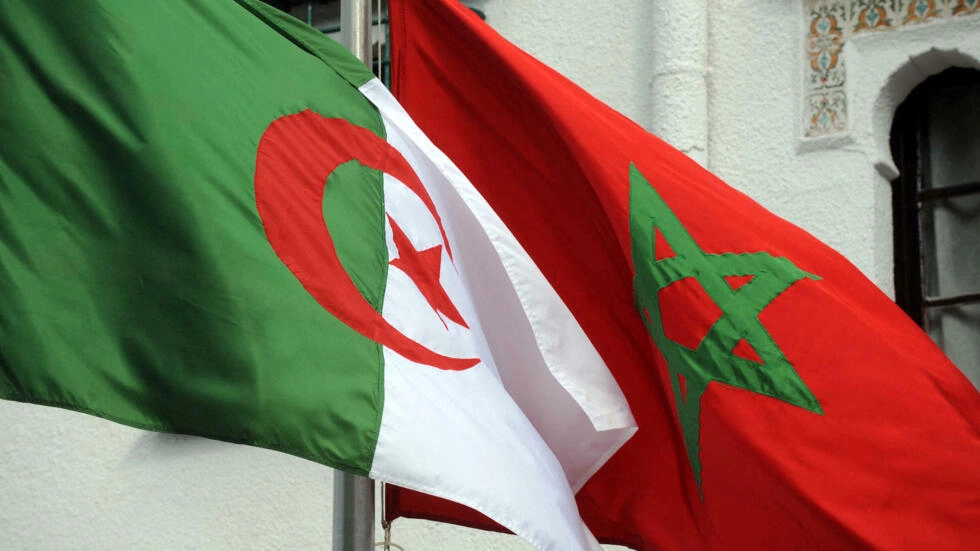Algeria’s President Abdelaziz Bouteflika has stopped unpopular tax increases and reforms to assert his authority and counter doubts about his health, amid mounting speculation that he will seek a fifth term, analysts said.
There has been uncertainty over the direction of Algeria, an OPEC producer and key gas supplier to Europe, as Bouteflika — in office since 1999 — has rarely appeared in public since suffering a stroke in 2013.
The opposition and some intellectuals have urged the wheelchair-bound 81-year-old not to run again in next year’s polls due to health concerns.
Imposing his authority, Bouteflika late on Tuesday vetoed down a plan by Prime Minister Ahmed Ouyahia to drastically increase duties for passport and other documents to cope with a halving in vital gas and oil revenues between 2014 and 2017.
He had already stopped another proposal to open up farming to foreign investors to diversify the economy and seek new revenues.
With oil prices having recovered, Bouteflika stopped the plans while announcing social and infrastructure spending worth 500 billion dinars ($4.31 billion) to boost his credentials ahead of a possible new candidature, analysts said.
“He (Bouteflika) wants to show that he is the country’s ruler,” said a local analyst asking not to be named due to sensitivity of issue.
His move came just a week after a group of intellectuals and opposition figures urged Bouteflika not to seek a fifth term.
“Your advanced age and your dramatic state of health command you to not take care of the duties of the state any more,” they wrote in an open letter.
DISSENT IS RARE
“There is no doubt that another mandate would be an ordeal for you and for the country,” the letter said, talking tough in a country where open dissent has been rare since a civil war with Islamists in the 1990s killed some 200,000.
Bouteflika has yet to say whether he will run again but the ruling FLN party has urged him to do so.
If he does, that would mean short-term stability for the elites of FLN, army and business tycoons to postpone a potentially controversial succession.
But it would move Algeria, where about half the population is under 25, away from reforms to protect it against future energy price volatility — oil and gas revenues make up 95 percent of foreign exchange revenues.
Ouyahia had launched some steps which proved unpopular in a country where many harbour suspicions towards foreigners, a legacy of the trauma of the 1954-1962 independence war with France.
For the elites political stability for now is key, analysts said.
While another term for Bouteflika could be a source of dismay for young Algerians worried about joblessness and austerity, it would give a ruling caste of FLN officials, generals and businessmen time to set up a smooth succession.
Ouyahia, dubbed by some in the FLN as a “dirty mission man” in reference to some unpopular decisions, has said he would not run against Bouteflika.
But by stopping his reforms and making him look weak, Bouteflika has sidelined him just in case should he have higher ambitions at some later point.
“Bouteflika is demonstrating that he is a man of the people and trying to portray Ouyahia as motivated only by unsympathetic fiscal calculations,” said Geoff Porter at NARCO consultancy.














